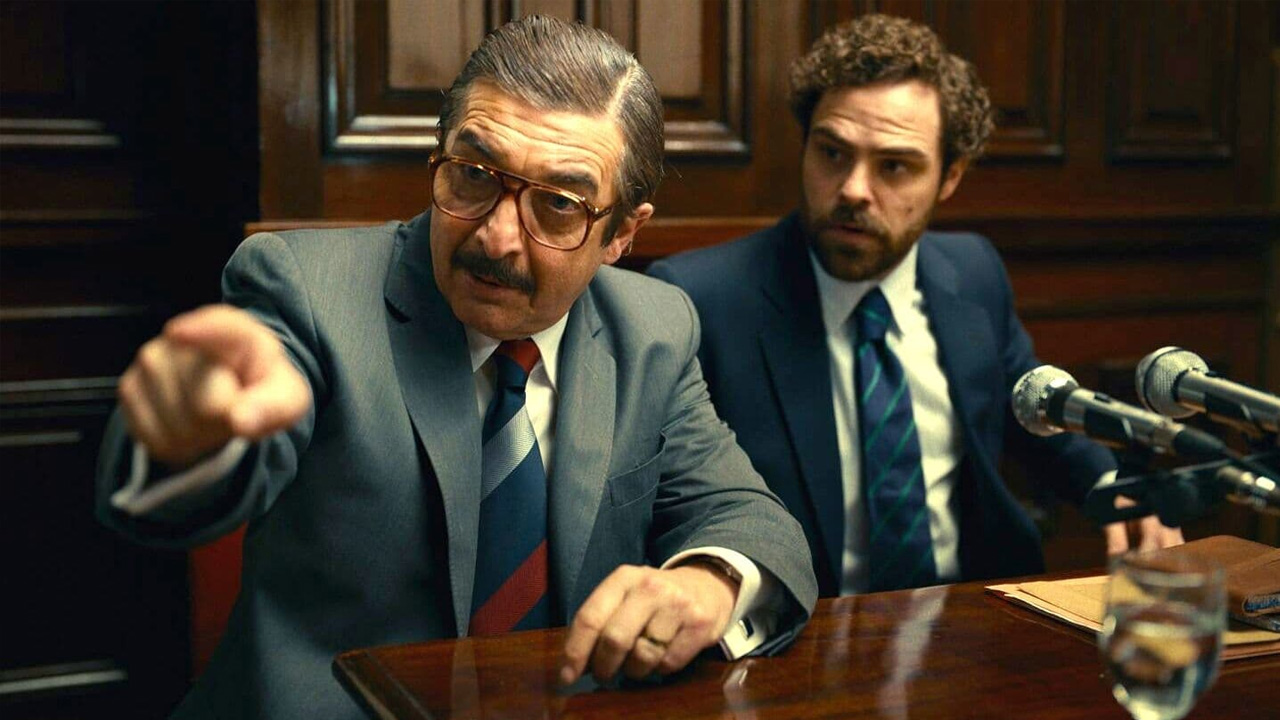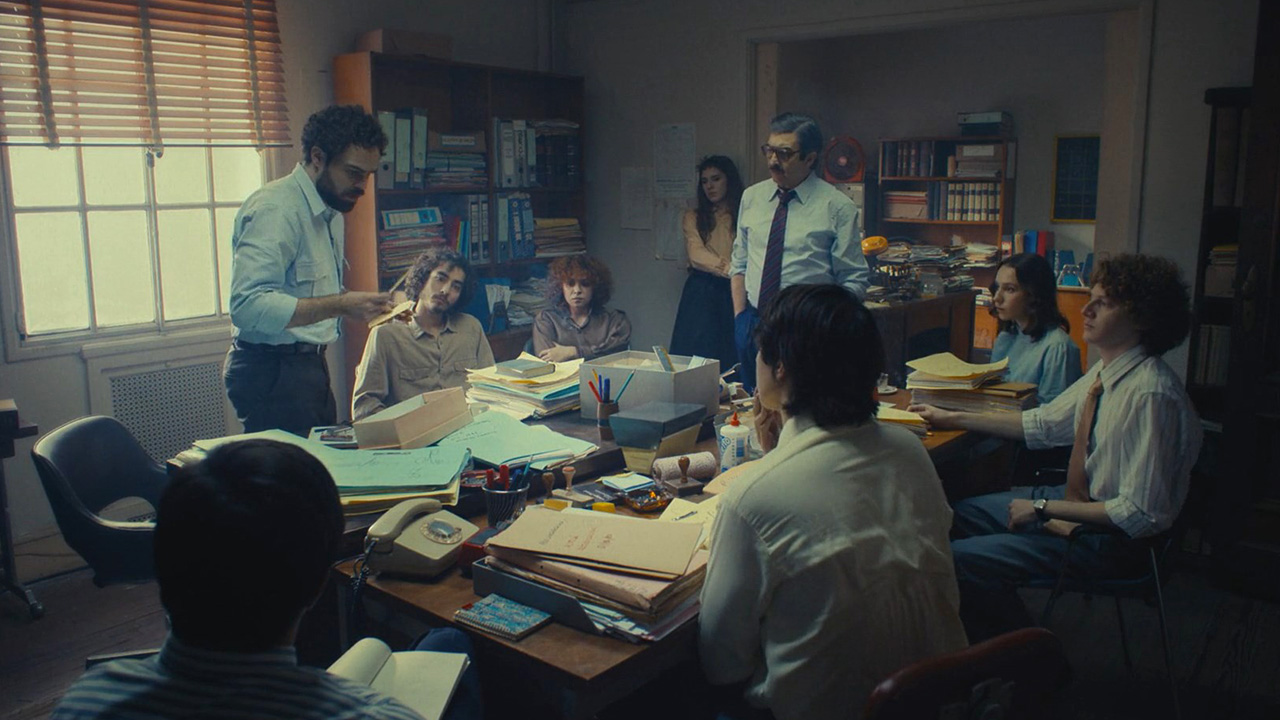Argentina, 1985 depicts the single most important event at this place and time

Inspired by a true story, Oscar-nominee Argentina, 1985 tells the underdog story of two lawyers tasked with convicting a military dictatorship for crimes against its citizens. As Liam Maguren found out, this is a powerfully-told slab of history.
The name Argentina, 1985 may sound like a strangely vague title for a movie. Give this powerfully-told slab of history your time, however, and it’ll quickly prove its case as the single most important event at this place and time.
Nominated for Best International Feature at the 2023 Academy Awards, this compelling underdog legal drama details the motherlode of court cases: the attempted prosecution of a military dictatorship for crimes against its citizens. With a new government looking to give the victims a fair trial, the prosecuting honour/burden falls to Julio Strassera (Ricardo Darín) and Luis Moreno Ocampo (Peter Lanzani).
“I’m about to have the most important trial since Nürnberg,” Strassera casually jokes, though it’s pretty much true. Initially trying to avoid being the prosecuting lawyer, Julio knows his odds of winning are slightly above a snowball’s chance in Tahiti. However, like every good underdog in a David V Goliath story, his determination grows as the case persists—despite numerous death threats from the fascists and “super fascists” still scattered about in post-dictatorship Argentina.
With his brown-rimmed glasses and Tom Selleck moustache, Darín is the very face of a drained but dignified dad from the ’80s trying not to lose his cool despite the monumental task ahead. Lanzani makes for a good counter as Luis, an energetic youthful ball of sweat anxious about being another person who might “disappear” at the hands of the military.
And his fears are founded. Classily, Argentina, 1985 feels no need to show the audience the harrowing offences committed by the military dictatorship, leaning instead on the stupendous bit actors playing various victims whose testimonies do more than enough to relay the horrors they suffered. Adding to Luis’s dread, the military leaders on trial refuse to recognise the legitimacy of the court.

Can anyone feel safe from a vicious and powerful group who consider themselves above the law, backed by an army of sympathisers? The question looms above Julio and Luis, fuelling some of the film’s most suspenseful scenes of suspicion and paranoia.
Director Santiago Mitre displays a strong command of the production, delivering a seamless depiction of 1980s Argentina. Cinematographer Javier Juliá capitalises on the sterling sets and costuming with a classic 35mm look (complete with 1.5:1 aspect ratio) to further evoke the era.
The ending may blast out some corny music more fitting to a melodramatic Hollywood courtroom drama, but given the magnitude of the real-life case and the film’s powerful ability to engulf the viewer in it, any objections to the score may rightfully be overruled.

















